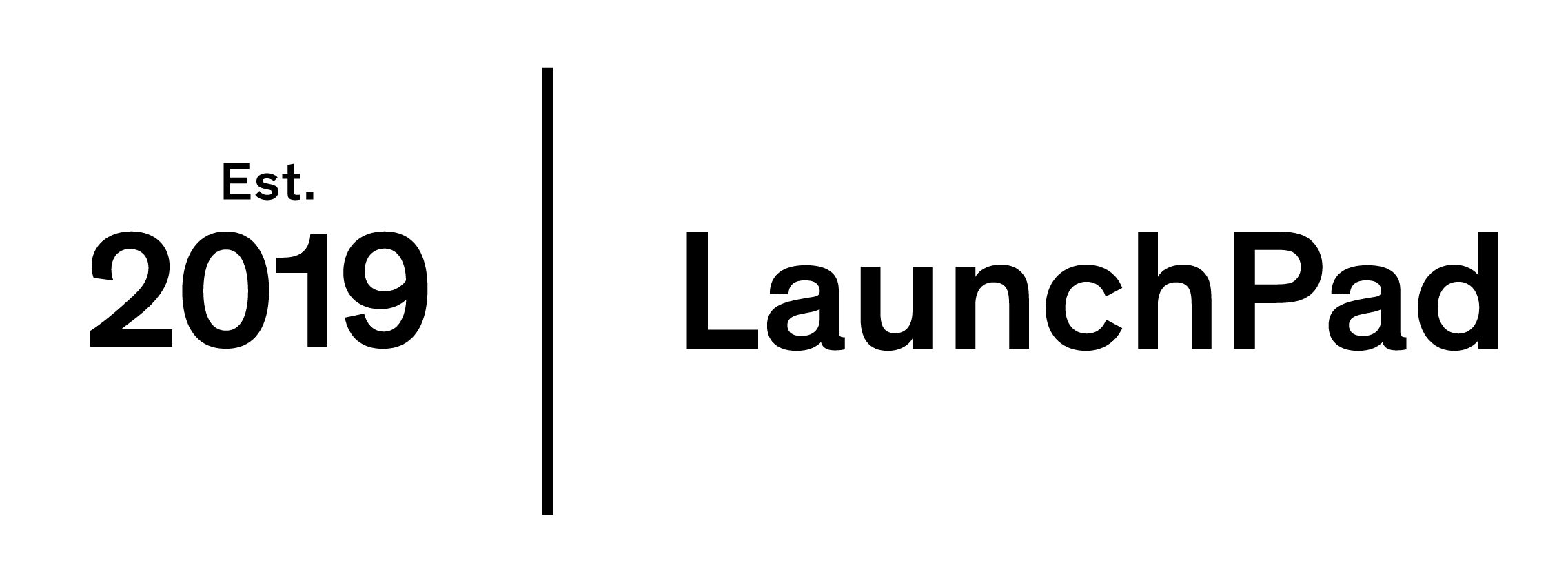Author: Matt Saunders, Founder and Owner of Charity Box
I graduated way back in 2007 with a 2:1 Degree in Website Design. I actually started in web development much earlier as a hobby, which I decided very quickly I wanted to turn into a career.
Compared to a lot of graduates, my journey has been a pretty linear one. That’s not to say there have been no bumps in the road, but having worked for agencies, been self-employed and now running my own business, the path I followed is pretty well-worn.
However, there are some incredibly valuable lessons I have learned along the way, and some I want to share in this article.
Lesson #1 – know your value
This is the first and most important lesson that any graduate or junior must become acquainted with – know what you are worth. I’m not just talking about salary here (which we’ll come onto shortly), I am referring to the value that you deliver to others through your skills, experience, personality and general presence. It’s fundamentally important to recognise this, as it filters down into every other aspect of your life.
Knowing your value is about understanding deeply how you fit in. It helps to build confidence and assertiveness, but it also highlights areas for improvement. Understanding this naturally takes time, but if I could have a word with my younger self I would say to look out and be mindful of times when I’m taking, and when I’m giving back, and to explore the impact of these events on myself and those around me.
Lesson #2 – find the right job
There have been a few occasions during my career when I’ve made very poor choices in terms of employment. On one such occasion I took a job which was not right for me – the company wasn’t the right fit, the team were not “my people” and even the location wasn’t right (it meant a 20 min train ride + 40 minute walk). Looking back, I’m not even sure why I took the role. It was a minor salary increase and the interview went well, so I fall back on these two reasons for my choice, but I was out of there within six months.
I ignored the nagging feeling, even after the interview, that the job wasn’t right and I accepted the offer anyway. Bending the ear of my former-self, I would ask “are you sure about this, really?”
Lesson #3 – communication is everything
As a passionate web designer I was always befuddled by the sheer volume of sub-par work out there on the internet. How did these designers find work? I’ve grown more forgiving in my maturity, and that’s partly because I’ve realised that the ability to communicate – whether that is with the boss, your peers or your clients – is crucial. The art of diplomacy, the gumption to disagree and the confidence to deliver bad news all form part of a work ethic that relies on strong communication skills. Without these, you’ll struggle to evolve in other areas and develop strong relationships with others. I’m not suggesting for one moment that you set out to do sub-par work, but the truth of the matter is that if people connect with you, they’ll be more forgiving of your faults. I would encourage my younger self, and other graduates, to develop their communication skills constantly.
Lesson #4 – salary is important
As a graduate in the art and design space I was always of the belief that creativity was paramount. Salary, and demanding a high one, was selling out. It’s not about that, man. Truth be told, I’m still a little like that (that’s why I run a social enterprise) but I’ve learned that salary is important. Money is important. Not just for the value you deliver, but because life can be tough and if you’re entering a profession that demands a lot from you, you deserve to be financially acknowledged for that. To my younger self I would say “know your value and haggle harder”.
Lesson #5 – save money!
This is more of a personal one and links back to the last point. Save money. It’s tough out there, with a broken housing market, rising transport costs and a competitive jobs market. You need to put aside money from your salary or freelance work the moment you start getting paid. Some grads may already have a stash kindly put aside by their parents, but for those like me who did not, I would suggest you start saving a third of your monthly income every month. Call it a rainy day fund, or holiday fund, or whatever; just have a cash buffer for when you need it. I didn’t start saving properly until I was in my mid twenties and it was then I realised how completely up the creek I was in terms of having anything that remotely resembled a mortgage deposit in my bank!
These are the five key topics I would literally lecture my former self on. Some may resonate with you, but most likely you’ll go on to make your own mistakes but when you do, be mindful. Be sure to learn from them. This teaches resilience and makes it less likely that you’ll repeat the same mistakes, and it’ll help you to go on and build a fulfilling career and life for yourself.
This article was written by Matt Saunders, founder and owner of Charity Box, a web design company that builds websites for charities. Matt has been making websites since 2001 and recently started his social enterprise to help charities maximise their impact through digital.

